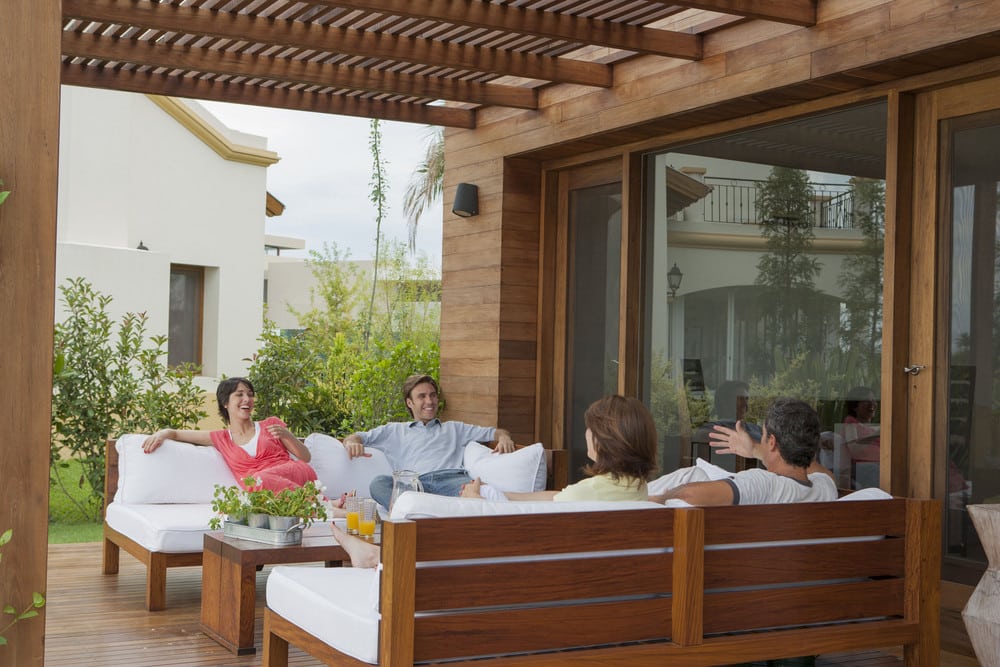Windows are an excellent exterior feature that contributes immensely to the value of a home. With over 85% of American homes built more than four decades ago, the need to replace old, worn-out windows is on the rise. Old windows tend to have cracks and spaces that leak out air and bring in cold drafts, affecting the energy efficiency in your home. Replacement windows can lower your energy costs, improve curb appeal, and make your home safer. But how do you, as a homeowner, choose the right window? Here are seven tips to guide you through the selection process:
1. New Windows vs. Replacement Windows
The first decision that most homeowners have to contend with is the choice between new and replacement windows. New windows are typically installed when changing the shape and size of the space. Replacement windows utilize the same trim and frame to fit in the ‘new’ window in the original space. While they may not differ a lot in store prices, additional labor costs for new windows drive the final price higher than that of replacement models.
2. Window Style
The style and color of the replacement window you choose should align with the general theme of your home. Classical homes may do well with double-hung window designs. Other styles you can choose from are single hung, casement, awning, and slider windows. Choose a style that reflects your taste and personality.
3. Window Material
The frame material plays a critical part in determining the durability of the replacement window. Popular materials used are wood, aluminum, and vinyl. Wood is aesthetically pleasing but may require more attention to prevent damage. Even though aluminum casement windows tend to be lightweight, they are generally more durable than the other materials. Vinyl replacement windows are the most popular due to their virtually maintenance-free costs.
4. Window Glass
Advances in technology in windowpane manufacture continue to revolutionize the industry. Currently, you are spoilt for choice between double, triple, and even quadruple-pane windows. Most manufacturers use an inert gas (Argon) between the panes to increase its insulation features. You may also choose between low-E glass and impact-resistant windows.
5. Quality over Cost
Never compromise on the quality of replacement windows you choose. While the price may influence the buying decision, it should not be the final determining factor. Choose well-made windows that will offer a full-service life. The average lifespan of well-made residential windows is 15 to 20 years.
6. Custom Window Options
You can also opt for custom-made windows for your home. Custom-fabricated windows fit precisely on the existing frame and trim. While working with pre-made windows, there is always a risk of getting window frames that leave spaces that affect the energy efficiency within your home. Replacement window firms work with different quality manufacturers that can engineer the right custom window for you.
7. Work with the Right Contractor
All efforts directed to choosing the best style, material, and glass may be futile if you choose the wrong contractor for the job. Poor installations defeat the purpose of installing the replacement windows. Choose a reputable company with a diverse portfolio of previous works. Your local Home Builder Association may be an excellent place to begin your search.
There you have them; seven tips to consider when choosing replacement windows. Discount Window and Door is one of the most trusted replacement windows retailer in Los Angeles and the nation at large. DWD collaborates with over 20 manufacturers to provide quality window solutions.



